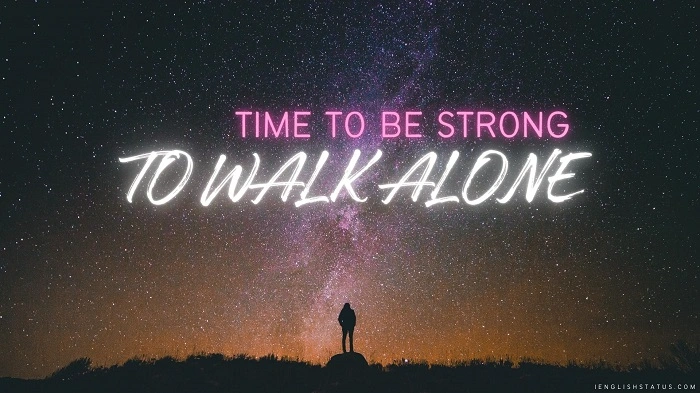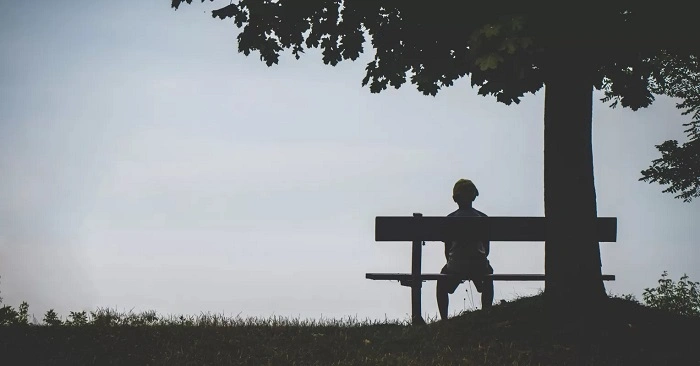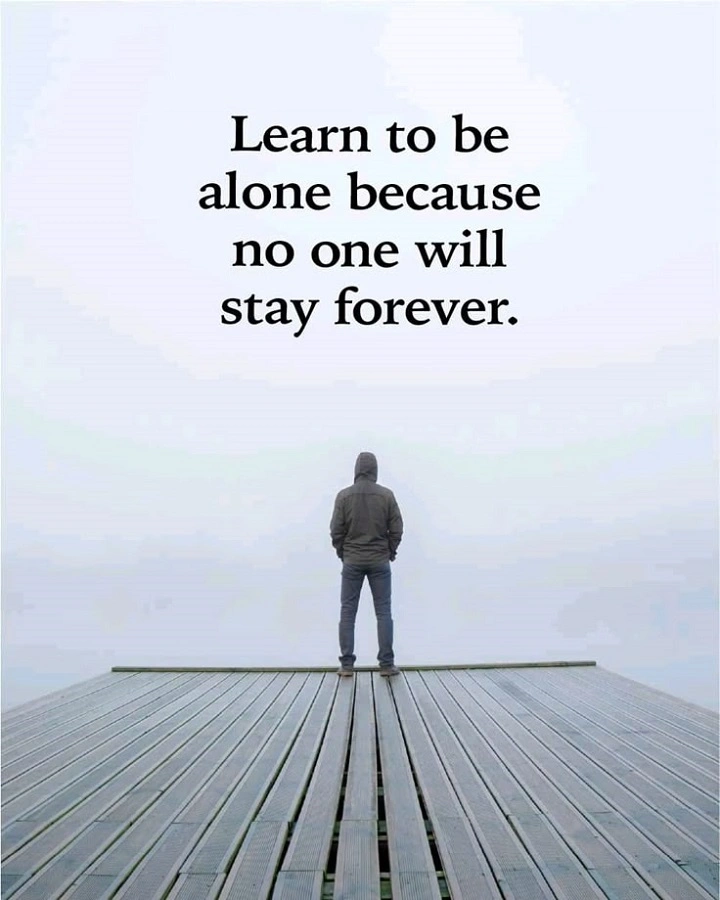One of the most often used messaging apps available globally, WhatsApp lets people stay in touch with friends, relatives, and colleagues wherever. WhatsApp is one of the special tools since it lets users publish status updates reflecting their present emotional condition or ideas. Among the several statuses humans occupy, “alone” has become a widespread term. On WhatsApp, “alone” can have several connotations whether used to express reflection, desire, or solitude. The relevance of using “alone” as a WhatsApp status, how it influences communication, and why people might choose to convey emotions of solitude in this way is investigated in this paper.
Why Would Someone Post “Alone” on WhatsApp?

Though the term “alone” in WhatsApp status seems straightforward, its connotation can be very personal. For many, it marks a time for introspection or a need for seclusion. It can also be a means of attracting attention, compassion, or even a means of expressing personal ideas without outright stating them. But why then would someone choose to share this sentiment via WhatsApp status?
A Vehicle of Self-expression
Some find self-expression in changing their WhatsApp status to “alone.” It allows consumers to share things they might not say out. It’s a subdued approach to let friends and relatives know how they really feel without having to have frank talks. Someone might utilize their position as a means of expression when they feel isolated or unconnected, for instance.
Requesting Attention or Sympathy
Another reason why people post “alone” on WhatsApp is to seek attention or sympathy from their contacts. This status could be a way of signaling that someone feels neglected or emotionally distant and might be hoping for a comforting response or reassurance from others. It’s an indirect approach of getting in touch without stating clearly they require someone to chat to.
A Temporary Phase or Reflection
Posting “alone” could also be a reflection on a transient period or event. People could wish to let others know they are spending some time for meditation, self-care, or just mental clearing. It could be a hint that they are not at that moment seeking social connection or a conversation.
How “Alone” Status Affects Communication
The WhatsApp status one chooses can influence not only communication patterns but also how others view a person. When someone posts “alone,” friends or relatives could follow to see if the person is okay. On the other hand, it could also cause people to hesitate to reach out, not sure whether the individual needs space. This interplay complicates the process by which “alone” status shapes relationships.
Social Media and Validation’s Need
In the digital age, social media and messaging systems like WhatsApp give a forum for people to validate their emotions and experiences. For many, stating something as personal as “alone” might be a method to seek validation. Direct messages, likes, comments—all of which help people express their emotions—may all help to reassure them. Often a relief, this virtual affirmation reminds consumers that others accept their emotional state.
Psychological Consequences of Emulating “Alone”

Feeling alone—real-life or on a social media network like WhatsApp—may have different psychological effects. Many times, loneliness is linked with emotions of isolation, melancholy, or yearning for connection. It can also point to more profound mental problems as anxiety or despair. Someone posting “alone” on WhatsApp could be trying to convey that they are struggling with emotions or require emotional help.
Social media offers a forum for expressing emotions, but it may also magnify feelings of loneliness. Sometimes reading other people’s posts—especially those depicting cheerful or sociable events—may make one feel even more isolated. Those who feel alone could start comparing their circumstances with others, which can have bad effects on mental health.
WhatsApp Alternatives to “Alone” Status
Although sharing “alone” on WhatsApp might be a means of self-expression, there are other ways to express oneself that might better capture a person’s emotions without so highlighting loneliness. Users could select “Taking time for myself,” “Focused on growth,” or “In my own world,” among statuses that capture hope or optimism. These substitutes let people say they need alone without emphasizing unpleasant feelings.
Promote Connection and Communication
Using messaging apps like WhatsApp helps to build connection rather than stressing isolation. If someone regularly writes “alone,” it could indicate that they either want someone to chat to or need help. Offering a letter of encouragement might open doors for deep connections and meaningful dialogues.
WhatsApp also offers phone and video calls, which could establish a more intimate connection than a textual communication. A brief voice or video conversation might assist someone feeling alone close the distance and offer the connection they yearn for.
Why “Alone” Might be Empowering?
Some people find great empowerment in accepting the idea of solitude. It can indicate a personal will to seize one’s time and space. Being alone could suggest tranquility, independence, and a time of self-rejuvenation rather than necessarily loneliness. Posting “alone” could be a validation of these people’s fortitude and capacity to be happy by themselves.
Striking Balance: Alone vs. Linked
Although one should understand the need of personal space and isolation, one should also keep a balance with social connection. Remindments to keep in touch with others—direct messages, calls, group chats—should help to moderate sharing of sentiments of aloneness using WhatsApp status. Maintaining connections helps prevent people from sliding into more intense emotional isolation.
FAQs
1. Why may someone post “alone” on WhatsApp?
People may post “alone” to attract attention, convey their sense of loneliness, or consider their emotions in a way other than direct communication calls for.
2. When someone says “alone,” is that indicating loneliness?
It may, but not always. People may post “alone” to show they are introspective or spending time for themselves. It doesn’t always imply loneliness.
3. How should I reply to WhatsApp “alone” post by someone?
Send an encouraging note asking whether they need to talk or whether you could be of any help.
4. Is posting “alone” on WhatsApp psychologically significant?
Indeed, it can fuel desiring or loneliness. It can also, however, be a positive statement of self-reflection or empowerment.
5. What other options exist except “alone”?
To express solitude without stressing loneliness, you may write updates like “Taking time for myself,” “Reflecting,” or “Focused on personal growth.”

